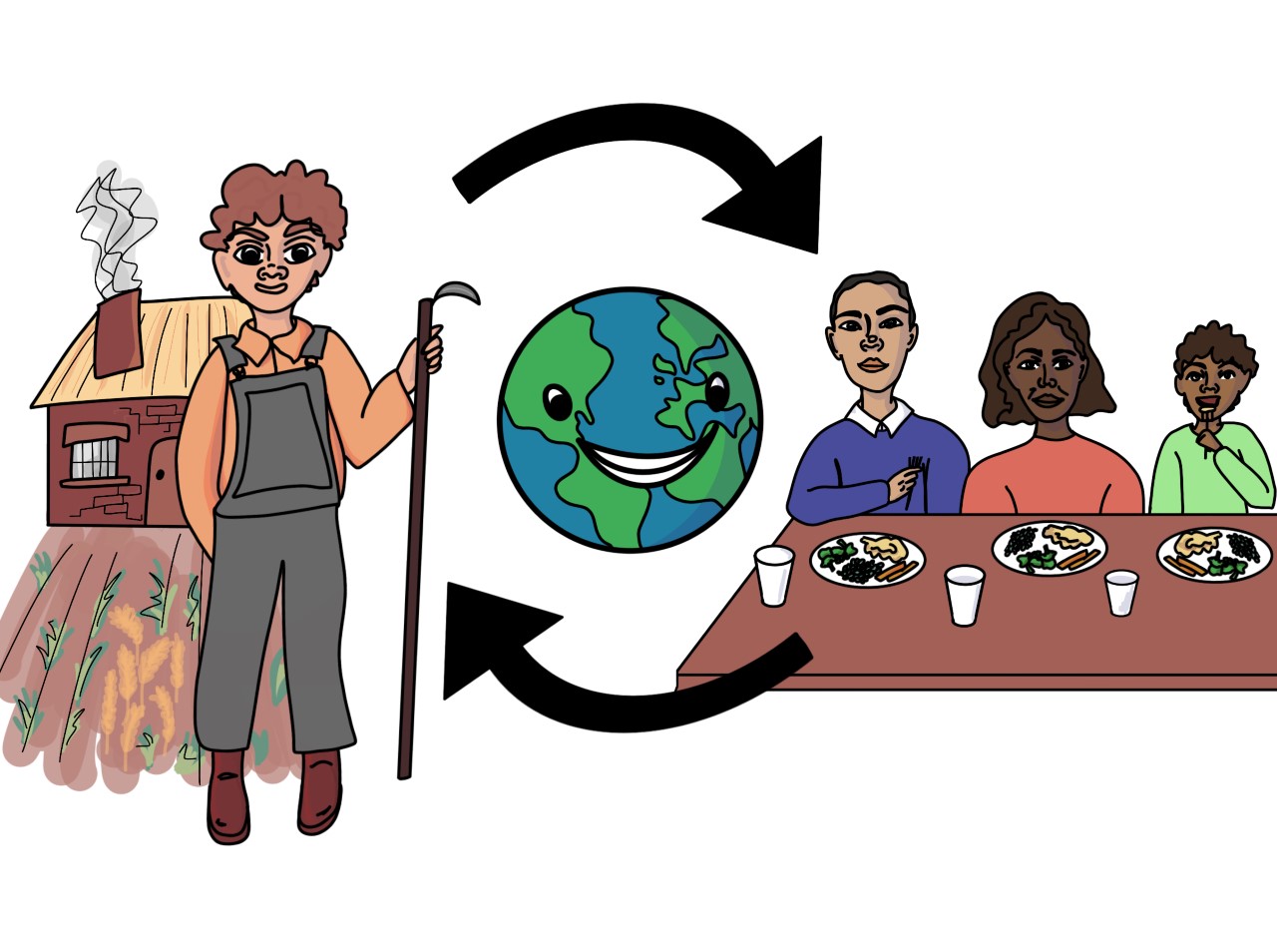Research project
FAmiSHEd: Interactions between Food wAste, Surplus and HungEr
- Start date: 1 December 2018
- End date: 31 May 2019
- Value: £10,000
- Primary investigator: Dr Effie Papargyropoulou
- Co-investigators: Prof Anne Tallontire Prof William Young Prof Sally Russell Prof Lucie Middlemiss Dr Alice Owen Dr Carrie Bradshaw
- External co-investigators: Prof Peter Jackson Dr Jane Midgley Lucy Antal

Background and Project Rationale
Food security (providing nutritious, safe, affordable food for all) is one of the greatest challenges the world faces today. Whilst 795 million people are undernourished; one third of the food produced for human consumption is wasted. Food waste represents substantial economic losses, has devastating environmental impacts, and ethical implications in the face of food poverty. Redistribution of food surplus to people affected by food poverty has the potential to deliver both environmental (reducing food waste) and social benefits (feeding hungry people). However, such schemes in the UK have been criticized for depoliticizing hunger and creating an ‘industry’ dependent on the provision of food surplus.
Aim
This project aims to a) critique the ‘win-win’ narrative around food surplus redistribution, and b) propose alternatives that work towards tackling both the immediate urgent needs (providing a lifeline for the hungry), and more long term priorities that address the root causes of food poverty and systematic food waste generation.
Approach
This project brings together interdisciplinary academic expertise across the universities of Leeds, Sheffield, and Newcastle Upon-Tyne, and co-produces knowledge with a network of stakeholders from the retail, third (e.g. charities, not-for profit, social enterprises) and government sector involved in food surplus redistribution, food waste reduction, and food poverty alleviation. It uses a participatory, mixed methods research design of interviews, explorative scenario building and normative back casting exercises with relevant SFR stakeholders across the private, public and third sectors.
Findings
This project concludes that the future of SFR lies in a truly sustainable food system that meets the needs of the people and delivers socio-economic benefits whilst respecting planetary boundaries. We identify five pathways leading to this future:
- rejecting the SFR ‘win-win’ narrative
- tackling systematic food overproduction
- eradicating poverty
- delivering food security within planetary boundaries,
- balancing uneven power distribution amongst food system actors.
The proposed interventions are relevant to food and waste policies and offer insights to transition pathways for sustainable food and other socio-technical systems.
Publications and outputs
Research paper: Papargyropoulou E., Fearnyough K., Spring C., Antal L. (2022) The future of surplus food redistribution in the UK: Reimagining the true ‘win-win’ scenario. Food Policy 108, 102230 PDF
Downloads
The future of surplus food redistribution in the UK: Reimagining a ‘win-win’ scenario.

